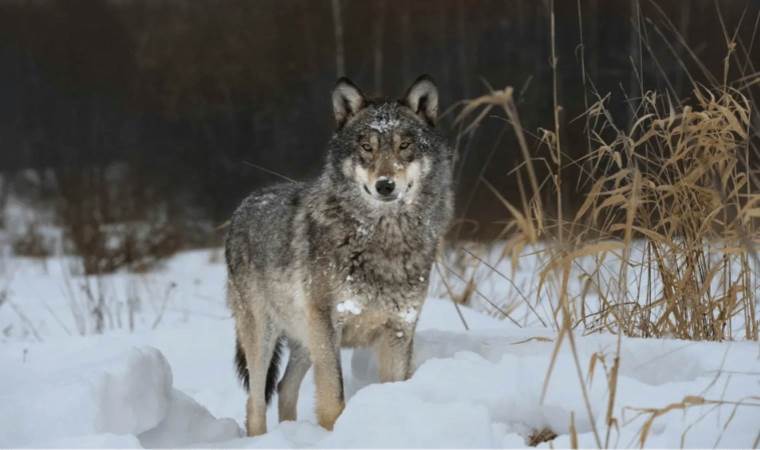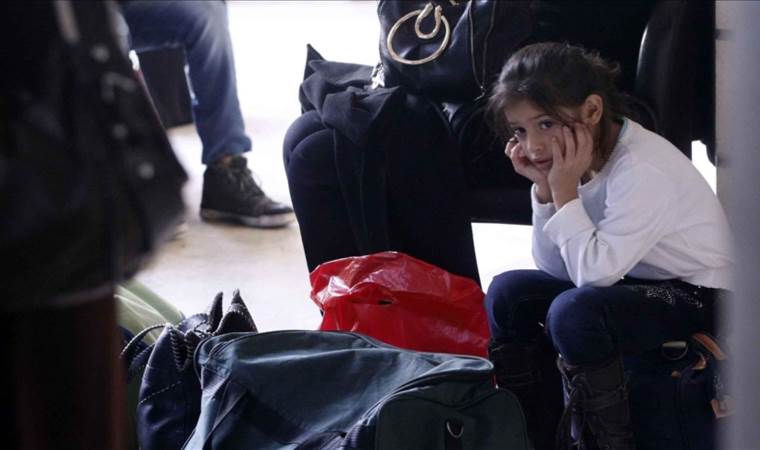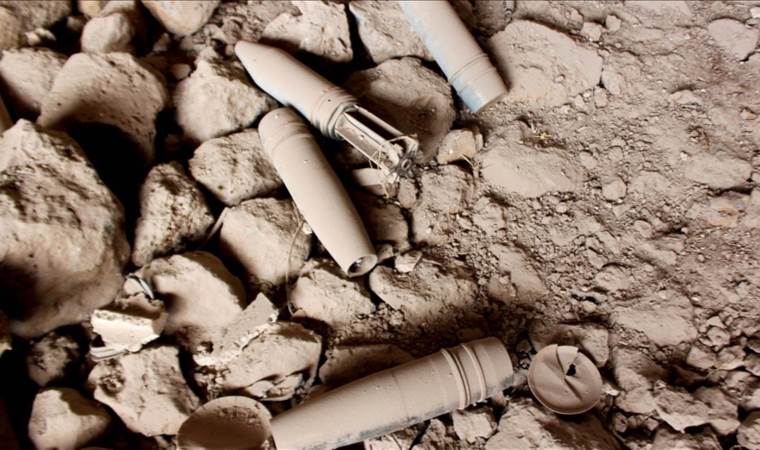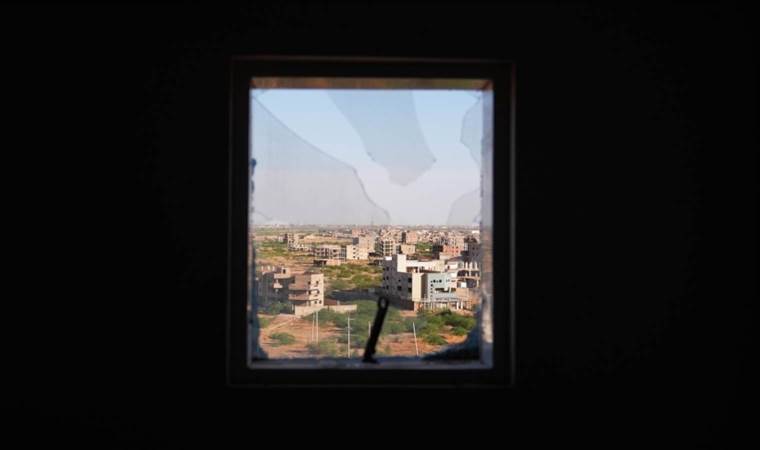Wolves of Chernobyl show genetic resilience to radiation
Emerging research uncovers distinct genetic traits in wolves inhabiting Chernobyl Exclusion Zone.

New research indicates that the wolf population inhabiting the Chernobyl Exclusion Zone (CEZ) possesses distinct genetic characteristics compared to their counterparts outside the region. Interestingly, these irradiated wolves seem to have developed protective mutations that enhance their chances of surviving cancer. Since the area was abandoned following the notorious 1986 nuclear disaster, wolf populations, along with other wildlife, have flourished within the CEZ of Ukraine due to the absence of human disturbance.
However, this newfound freedom for animals comes with the challenge of radiation exposure, which prompted humans to vacate the area initially.
To unravel the mechanisms behind these animals' resilience, Cara Love, an evolutionary biologist and ecotoxicologist at Princeton University, has dedicated a decade to studying the Chernobyl wolves. In 2014, Love and her team ventured into the CEZ, collecting blood samples from the wolves to assess their response to cancer-causing radiation. Some wolves were also equipped with radio collars to track their movements and radiation exposure.
"We obtain real-time data on their locations and radiation exposure levels," Love stated.
The research revealed that wolves in the CEZ endure radiation exposure exceeding 11.28 millirem daily throughout their lives—more than six times the legal limit for human workers.
Moreover, the researchers observed alterations in the wolves' immune systems resembling those in cancer patients undergoing radiation therapy. Genetic analysis further indicates that certain segments of the wolves' genome have developed resilience against cancer.
Similar genetic variations have been observed in the hundreds of semi-feral dogs inhabiting the CEZ. In 2023, scientists discovered genetic differences between the free-roaming Chernobyl dogs and pet dogs elsewhere in the world.
Love's findings could hold implications for human health, as she aims to identify protective mutations that enhance individuals' chances of surviving cancer.
However, logistical challenges, including the COVID-19 pandemic and ongoing conflict with Russia, have hindered Love and her team's return to the CEZ, with uncertainty looming over future visits.
"Our top priority is ensuring the safety of people and collaborators in the area," Love emphasized.
The new research findings were presented last month at the Annual Meeting of the Society of Integrative and Comparative Biology in Seattle, Washington.
Most Read News
-
 Recent Russian strikes on Kyiv were 'not necessary,' say
Recent Russian strikes on Kyiv were 'not necessary,' say
-
 Germany offers Syrians up to $4,555 to return home
Germany offers Syrians up to $4,555 to return home
-
 Despite stated ban, Spain continues to buy arms from Isr
Despite stated ban, Spain continues to buy arms from Isr
-
 China denies having talks with US on tariffs
China denies having talks with US on tariffs
-
 60 militants from paramilitary RSF killed in North Darfu
60 militants from paramilitary RSF killed in North Darfu
-
 Nearly half of Americans now live with dangerous air qua
Nearly half of Americans now live with dangerous air qua
-
 Zelenskyy partially cancels South Africa visit in wake o
Zelenskyy partially cancels South Africa visit in wake o
-
 Britain lifts sanctions against Syrian defense, interior
Britain lifts sanctions against Syrian defense, interior
-
 Pakistan says any Indian attempt to divert, stop flow of
Pakistan says any Indian attempt to divert, stop flow of
-
 Turkic world will continue to stand by Turkish Cypriots,
Turkic world will continue to stand by Turkish Cypriots,










